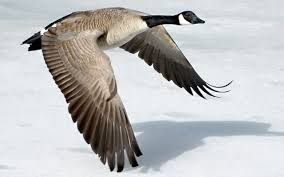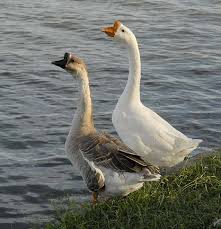Most nouns in English form the plural adding
-s, but those ending in
-ch, -sh, -s, -o add
-es. Examples:
house - houses; match - matches; bush - bushes; bus - buses; potato - potatoes. But, as with all rules, there are exeptions:
photo - photos; piano - pianos, and others. Nouns ending in
-y change this to
-ies:
baby- babies.
Those could be considered regular plurals, but there are many words in English that don't follow these rules at all. These are the irregular plurals. We can put them in different groups according to some similarities:
- Change of the radical vowel: man- men; woman - women; foot- feet; tooth - teeth; goose - geese...
- Change of the word: person - people
- Adding a different ending: child - children; mouse - mice; louse -lice...
- No change: deer - deer; sheep - sheep...
- Changing the final -f or -fe to -ves: knife - knives; half - halves... There are many exeptions and we will see this point more detailed in another blog entry.
- Nouns coming from Latin or Greek: cactus - cacti; crisis - crises; phenomenon- phenomena; bacterium - bacteria...
- Other foreign words keep the plural in the original language: tableau - tableaux.
These are just some examples, but there are many more irregular plurals. You can practise them by doing these
exercises.
 |
| One goose |
 |
| Two geese |



No comments:
Post a Comment